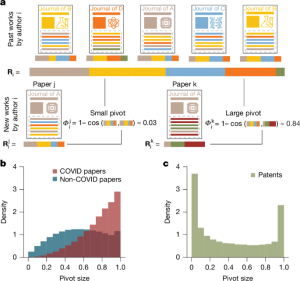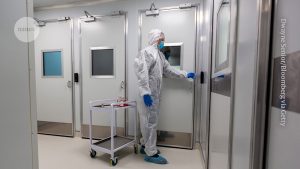The U.S. stopped issuing visas for foreign students
The High-Scale U.S. Visa Processing Suspensions Under Trump’s Second Administration and Implications for the International Student Population
President Donald Trump’s administration increased scrutiny on visa applicants, as well as reviewing their social media accounts. The policy continued even after President Joe Biden left office.
An extended pause in scheduling student visas could lead to delays that may disrupt college, boarding-school or exchange students’ plans to enroll in summer and fall terms.
A decline in international students could affect university budgets. International students often pay full tuition in colleges that make up for the cuts in federal research funding.
A U.S. official said Tuesday the suspension is intended to be temporary and does not apply to applicants who already had scheduled their visa interviews. The official spoke on condition of anonymity to discuss an internal administration document.
The State Department plans to issue guidance on expanded social media vetting, according to a cable signed by Secretary of State Marco Rubio.
In preparation for an expansion of required social media screening and vetting, the cable says that consulate sections should not add any additional student or exchange visitor visa appointment capacity until the guidance is issued.
Asked about the suspension at a briefing Tuesday, State Department spokesperson Tammy Bruce said the U.S. uses every available resource to vet people applying for visas.
The American higher education system has been badly hit by the revocation of visas from Chinese students, as well as billions of dollars in funding cuts by the Trump administration. Some smaller private colleges have come to rely on foreign students, who are usually able to pay full tuition. For decades, prestigious research universities have also been able to recruit from vast pools of talented and highly-educated students from China.
The State Department put on hold interview sign-ups for student visa applicants due to the need to adequately screen their social media profiles, causing panic among Chinese students who are scrambling to finalize their visas before the fall semester begins.
The secretary of state said that the federal government would “dramatically” reduce the number of international students in the U.S.
Rubio did not define what he meant by “critical fields,” but he likely means students working in areas like semiconductor engineer or aerospace where the U.S. and China are technological rivals. During the first Trump administration, thousands of mostly graduate-level Chinese students had their visas revoked, particularly if their research was in cutting-edge engineering fields that may have dual-use applications.
China’s foreign ministry this week called on the U.S. to “protect the legitimate rights and interests of international students, including those of Chinese students.”
For decades, China was the biggest source of international students to the U.S., but those figures have declined steadily after tensions with the U.S. worsened and a global coronavirus pandemic temporarily closed borders. The volume of students hailing from China was greater than that of India.

